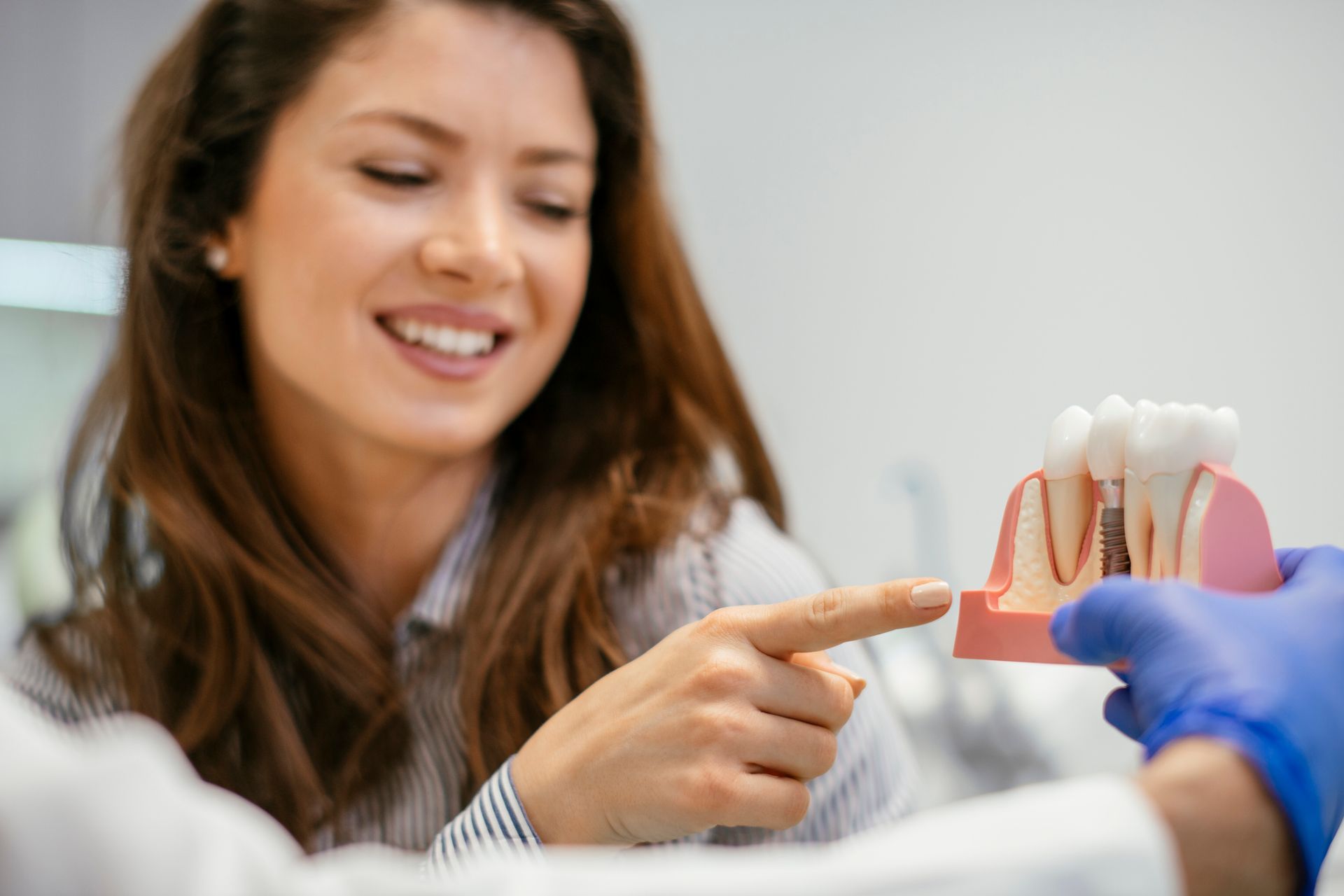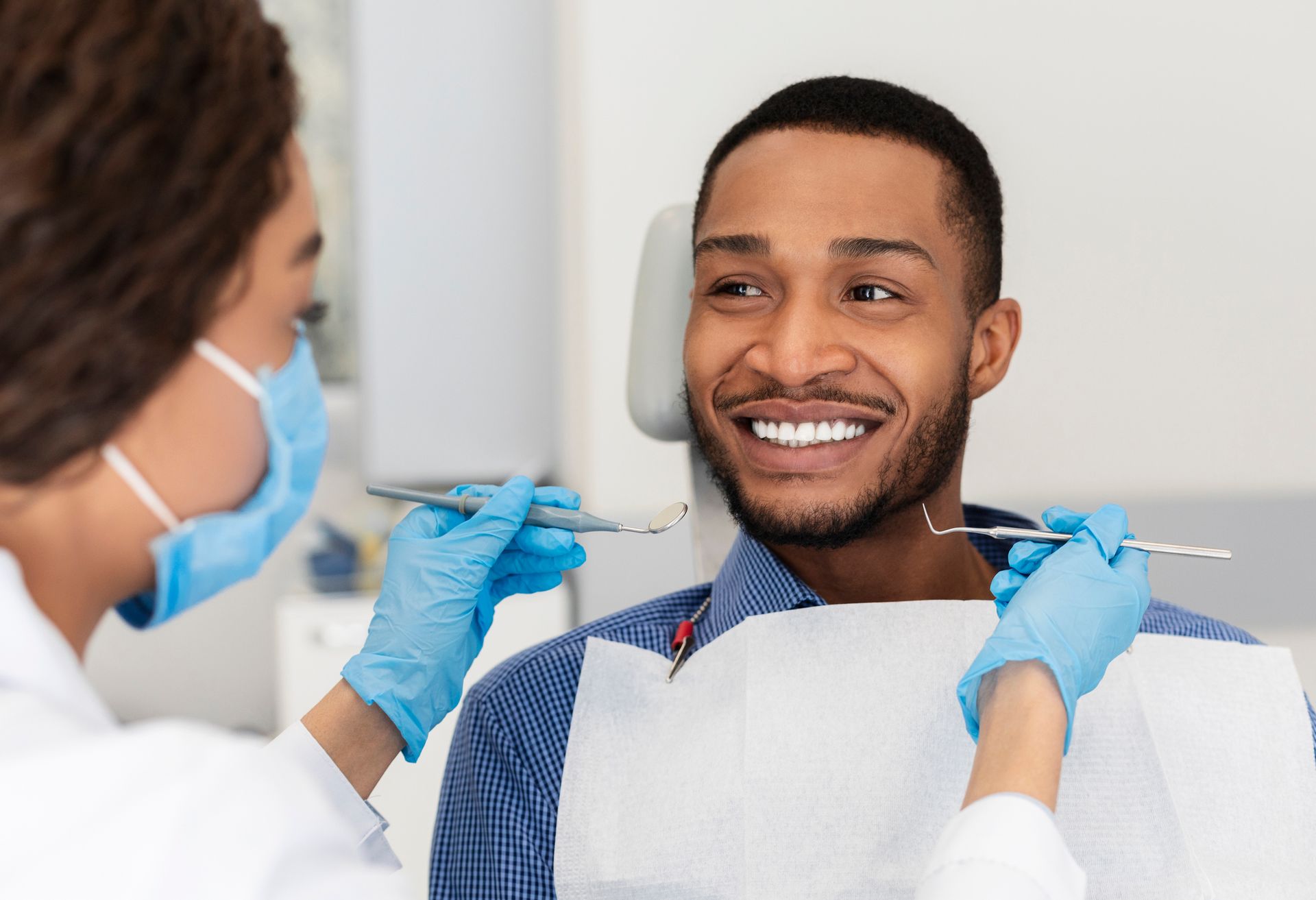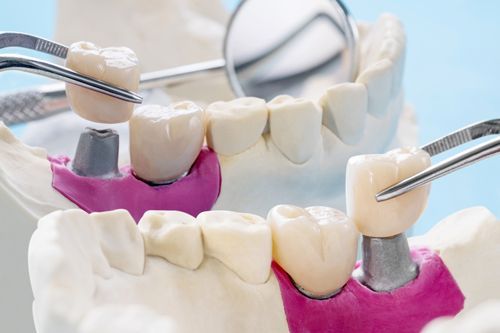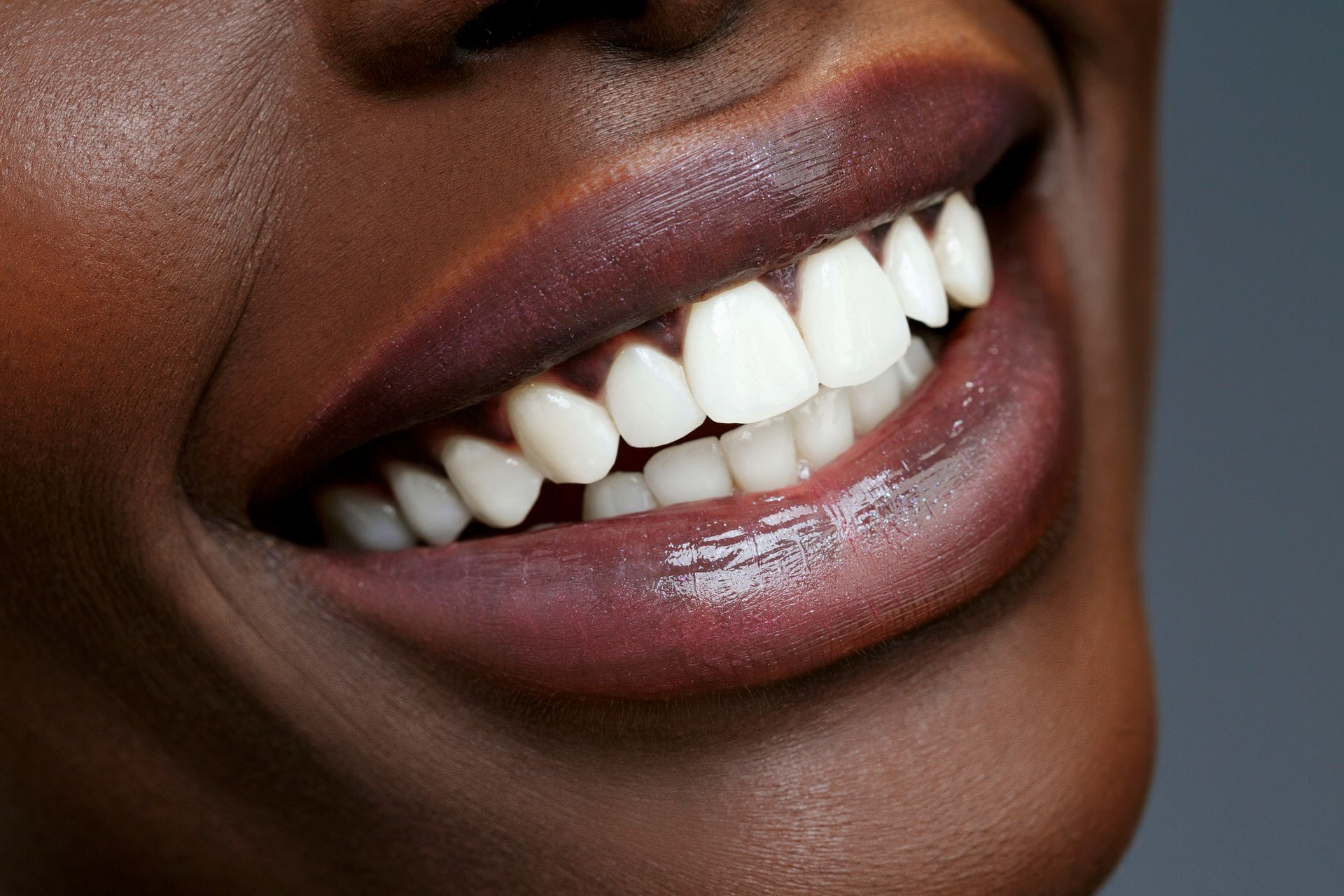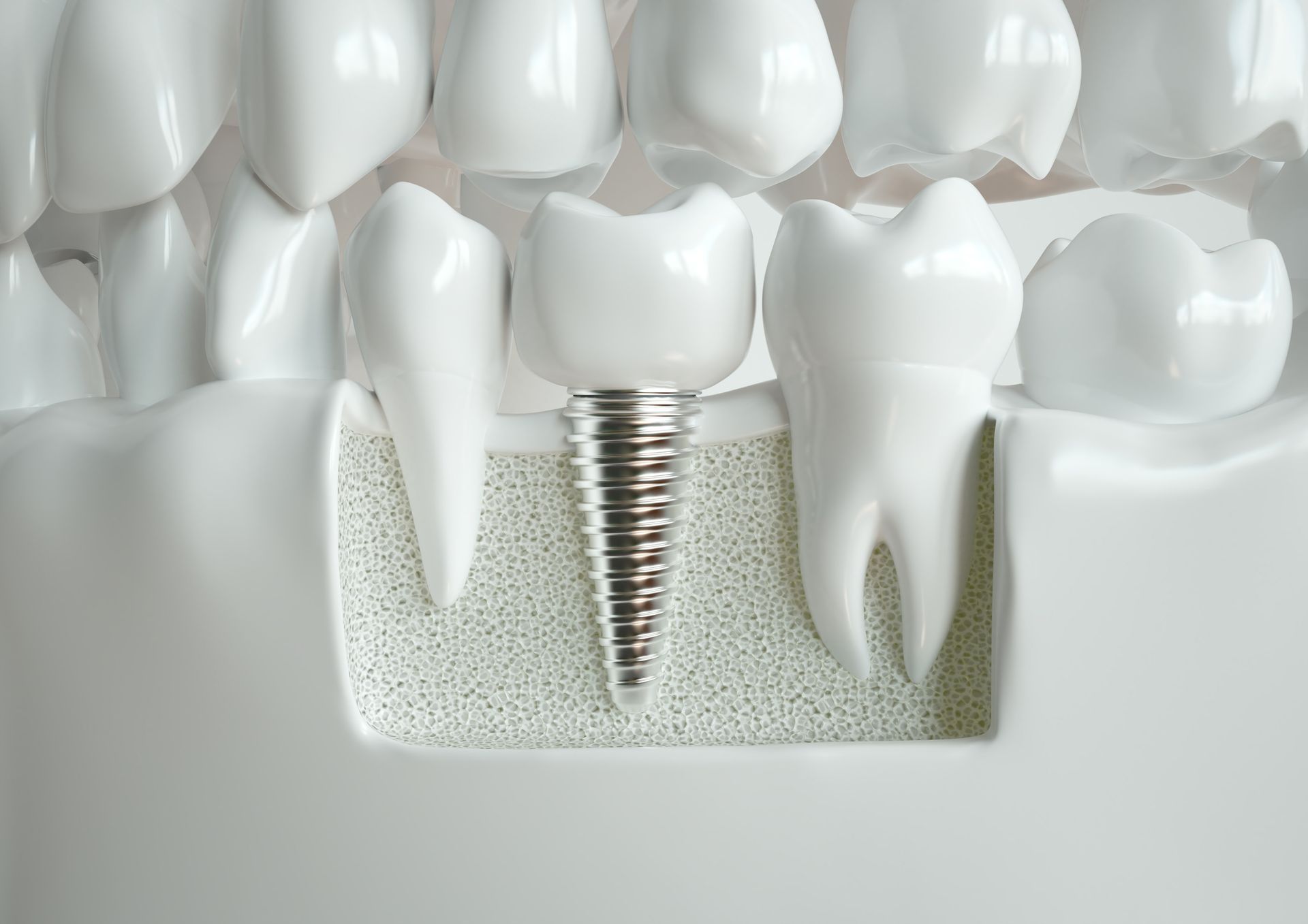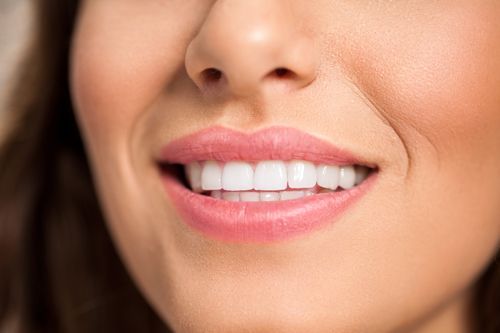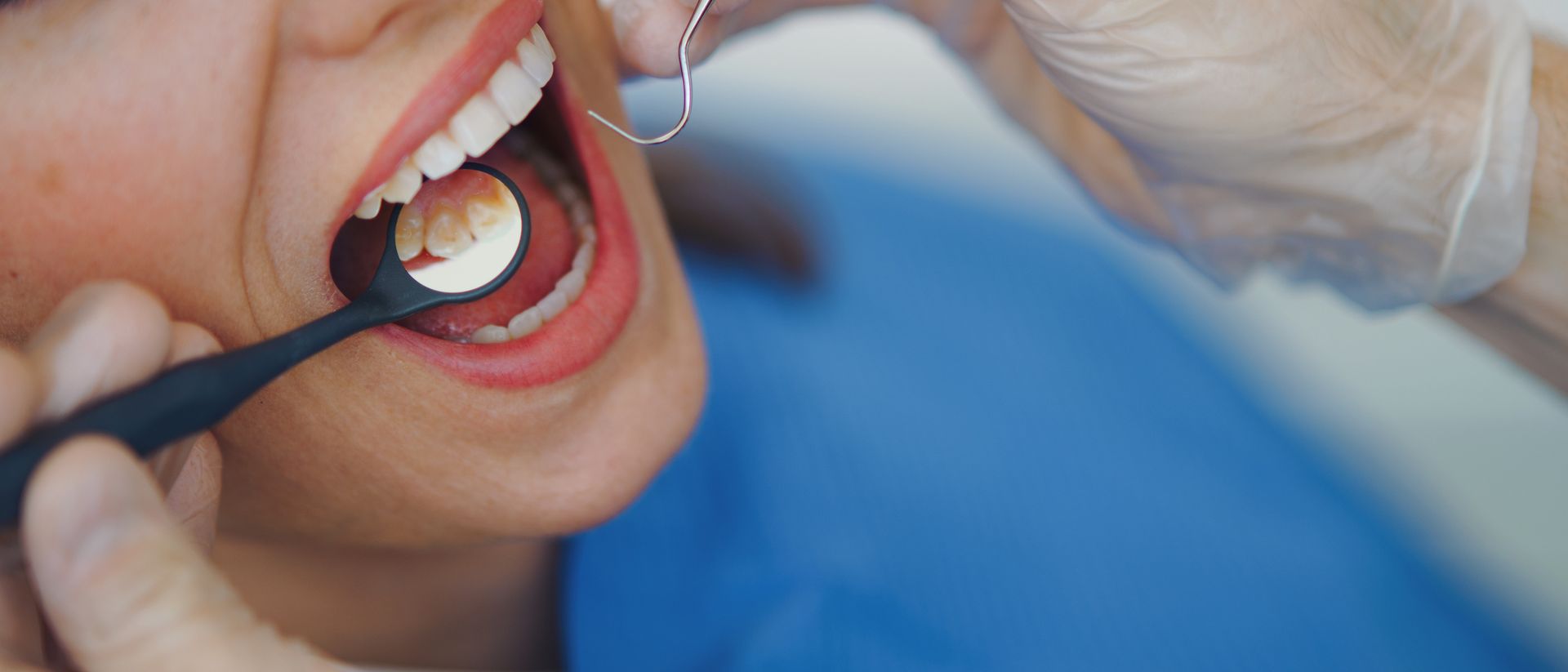Cosmetic Dentistry in Denver: Transform Your Smile with Precision and Care
At Dr. Louisa Gallegos Prosthodontics, we believe your smile is more than just teeth—it's a reflection of your confidence, personality, and overall well-being. Our comprehensive cosmetic dentistry services are designed to help you achieve a stunning, natural-looking smile that looks and feels incredible. We serve Denver, CO, and the surrounding areas.
Our Approach to Cosmetic Dentistry
Happy...Smile...Eat! This isn't just a motto—it's our promise to you. We don't just treat teeth; we treat the entire patient. Our cosmetic dentistry process involves:
- Comprehensive evaluation of your dental and health history
- Personalized treatment planning tailored to your lifestyle and budget
- Collaborative approach with specialist network to ensure optimal results
Personalized Cosmetic Dentistry Solutions
Every smile is unique, and so is every treatment plan. Dr. Louisa Gallegos takes the time to:
- Understand your aesthetic goals
- Assess your oral health
- Develop a customized treatment strategy
- Provide transparent guidance throughout your smile transformation journey
Unlock Your Best Smile: The Benefits of Cosmetic Dental Services
Investing in cosmetic dental care with Dr. Louisa Gallegos Prosthodontics provides a wide range of benefits, including:
• Enhanced Self-Confidence: A radiant smile can dramatically boost your self-esteem, making social and professional interactions more enjoyable.
• Improved Oral Health: Many cosmetic dental services also correct underlying dental issues, leading to better overall oral health.
• Customized Solutions: As a trusted cosmetic dentist in Denver, CO, Dr. Louisa Gallegos tailors every treatment plan to meet your unique needs and aesthetic goals.
• Natural-Looking Results: We use state-of-the-art materials and techniques to ensure that your new smile looks beautiful, natural, and complements your facial features.
• Long-Lasting Effects: With proper care, your cosmetic dental treatments can provide stunning results that last for years, making it a worthwhile investment in yourself.
• Comprehensive Care: At Dr. Louisa Gallegos Prosthodontics, we combine artistic expertise with technical precision, delivering cosmetic dental care that exceeds expectations.
Discover the difference a highly skilled cosmetic dentist in Denver, CO, can make. Schedule a consultation with Dr. Louisa Gallegos Prosthodontics today and take the first step toward your dream smile.
Transform Your Smile: FAQs About Cosmetic Dental Care
1. What can cosmetic dental care do for my smile?
Cosmetic dental care can completely transform your smile, from brightening dull teeth to reshaping and perfecting every detail. At Dr. Louisa Gallegos Prosthodontics, we combine advanced techniques and artistry to give you a natural, stunning smile you’ll love showing off.
2. How do I know if I need a cosmetic dentist?
If you're hiding your smile because of chips, stains, gaps, or uneven teeth, it's time to visit a trusted cosmetic dentist in Denver, CO, like Dr. Louisa Gallegos. A personalized consultation can reveal simple, effective solutions tailored just for you.
3. Are cosmetic dental services painful or uncomfortable?
Not at all! Thanks to the gentle touch at Dr. Louisa Gallegos Prosthodontics, most cosmetic dental services involve little to no discomfort. We also offer options to help you relax, ensuring your experience is as smooth and stress-free as possible.
4. How long will my smile transformation last?
With the right care, the results of your cosmetic dental service can last for many years. Treatments like veneers, whitening, and bonding are designed for durability, and we’ll give you expert tips to keep your new smile shining bright.
Ready to Discover Your Perfect Smile?
Serving the Denver metropolitan area, our Cherry Creek North office makes exceptional cosmetic dentistry accessible.
Schedule Your Cosmetic Dentistry Consultation

